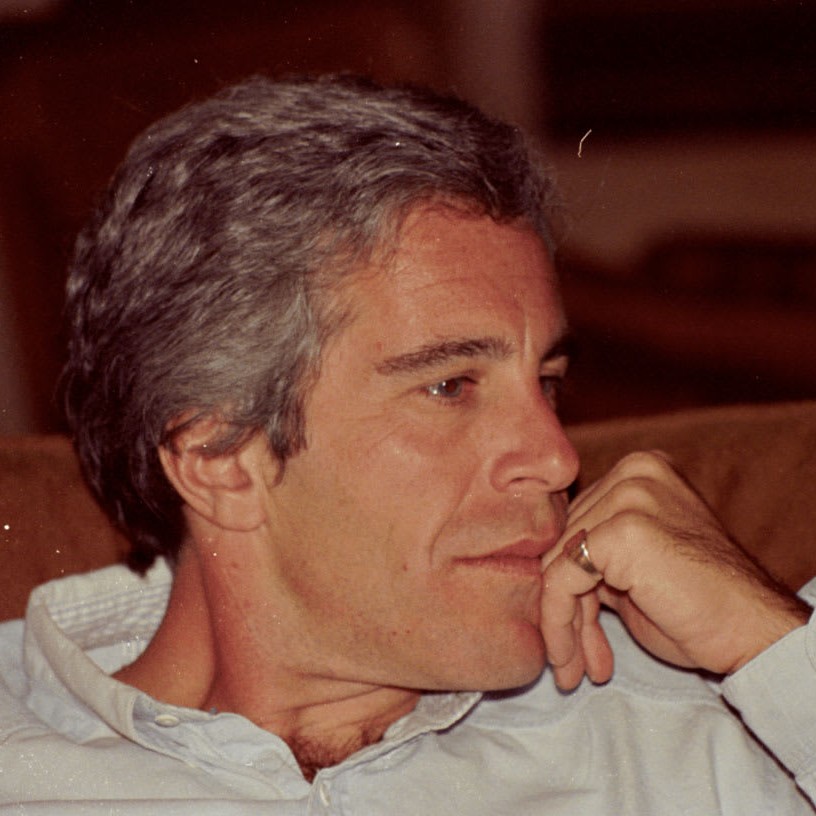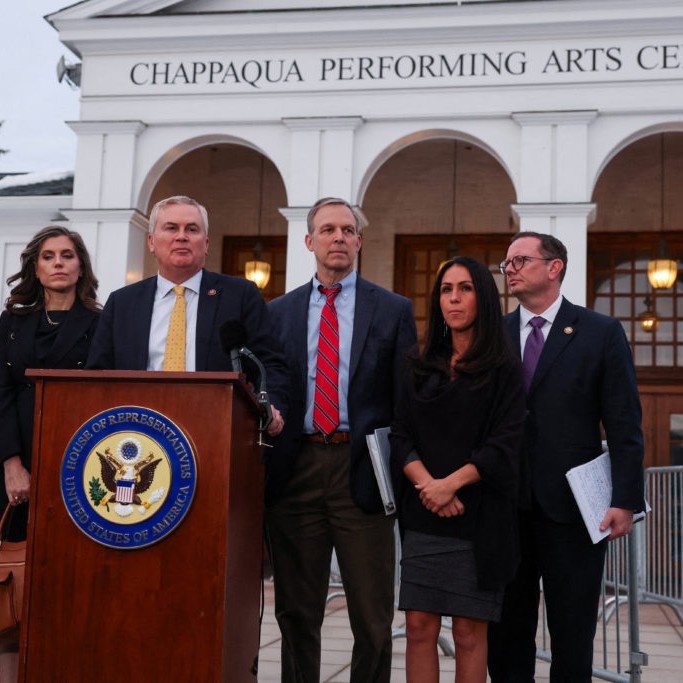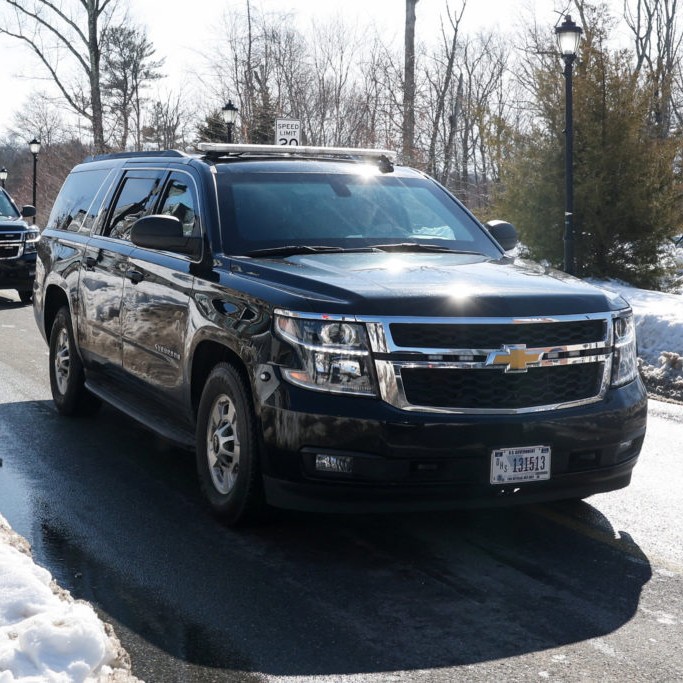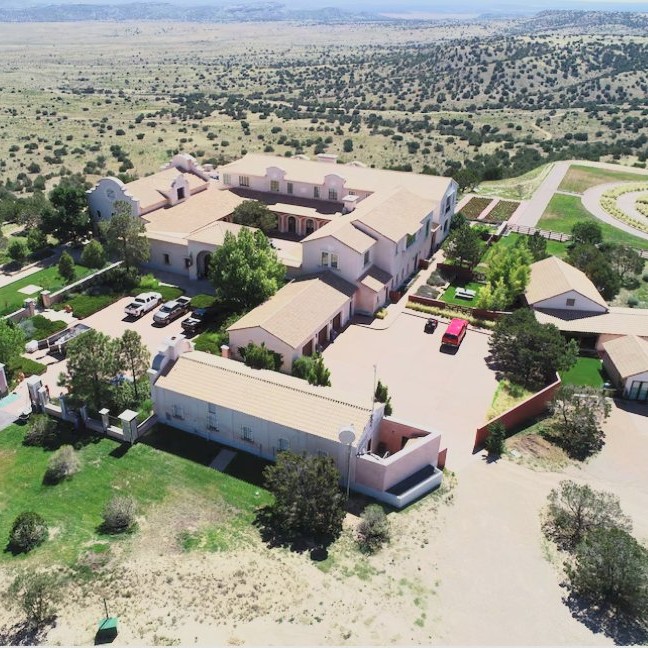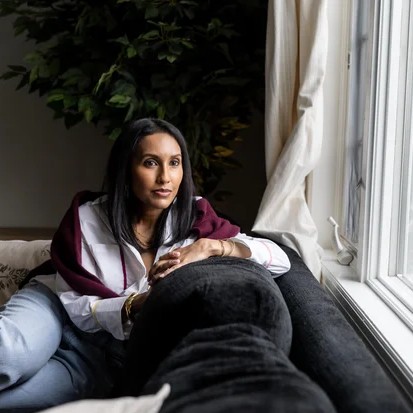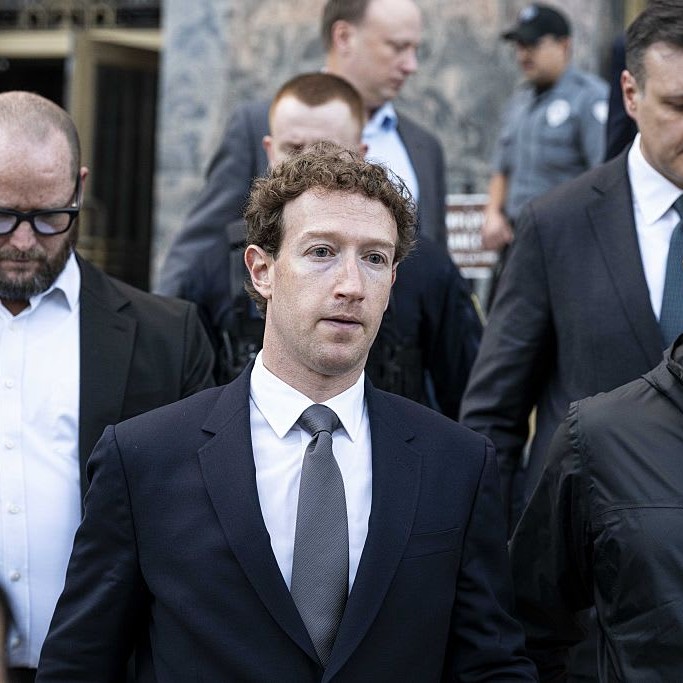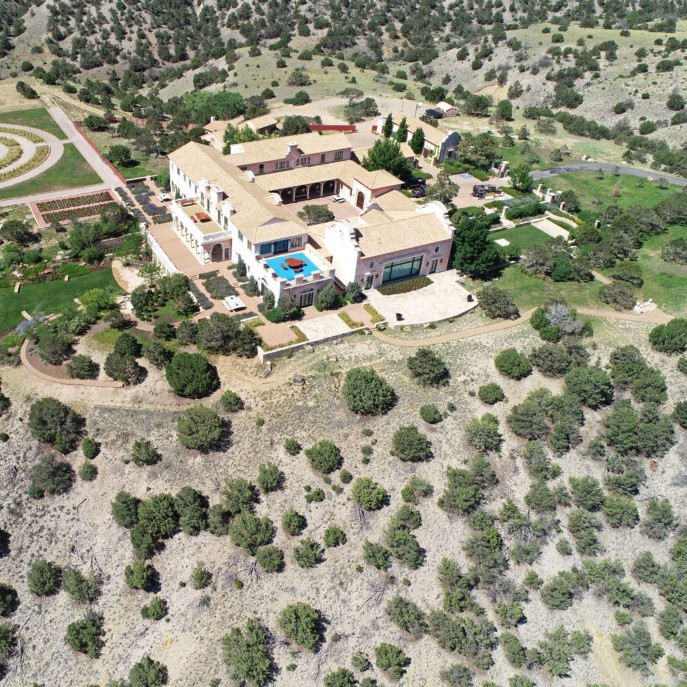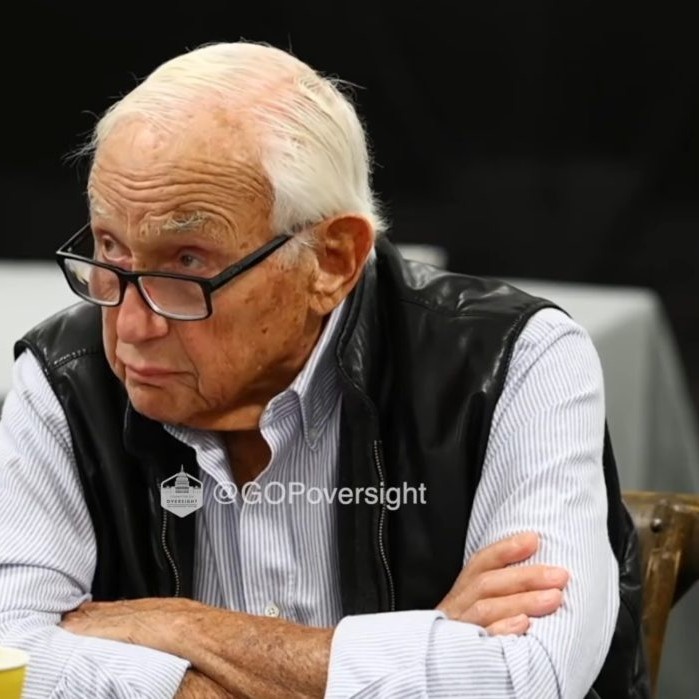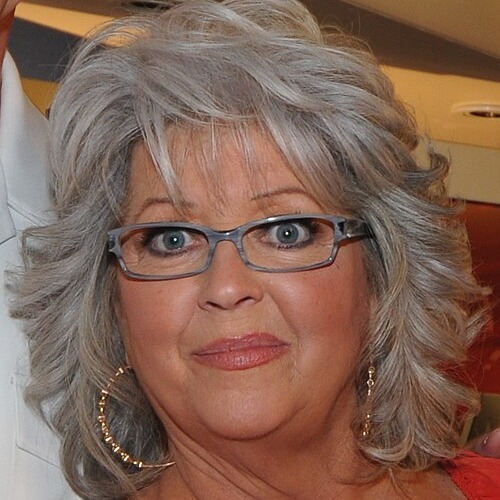
Paula Deen, 2009.jpg). Photo courtesy of Mass Communication Specialist 1st Class Toiete Jackson, U.S. Navy. Public domain.
Paula Deen’s empire crumbled overnight after a single word changed everything. The beloved Southern chef, once a staple on the Food Network and a household name, found herself at the center of a firestorm that shattered her career and reputation. Now, more than a decade later, Deen is reportedly stepping back into the spotlight with a new documentary, “Canceled: The Paula Deen Story,” premiering at the Toronto International Film Festival. The film offers a raw, emotional look at her fall from grace and her attempt to reclaim her narrative, revealing a woman grappling with loss, defiance, and the complex quest for redemption.
The Rise and Fall of a Southern Star
Paula Deen’s story is one of meteoric success. From humble beginnings serving food out of a Best Western kitchen, she rose to become a Food Network superstar by her late 40s. Her butter-rich Southern cooking and warm personality won millions of fans across the country. But everything changed in 2013 when a lawsuit filed by a former restaurant manager brought to light a deposition in which Deen reportedly admitted to having used the N-word. The revelation ignited a media frenzy and a wave of public outrage that quickly dismantled her $20-million-a-year empire. She was fired by the Food Network and lost numerous brand deals almost overnight.
The lawsuit itself was dismissed after a settlement, but the fallout was severe. Deen’s admission under oath became the headline that overshadowed the context and complexities behind it. In the documentary, Deen claims that her use of the slur was tied to a traumatic incident in the 1980s when she was held at gunpoint by a Black man while working as a bank teller, as reported by Business Insider. This detail, largely lost in the media storm, adds a layer of complexity to the story that the film seeks to explore.
A Family Torn and a Story Untold
Director Billy Corben’s approach to “Canceled” is deeply personal. The film reportedly captures not only Paula Deen’s perspective but also the emotional dynamics within her family. Her two sons, Bobby and Jamie, appear throughout the documentary, offering contrasting views on the project. Bobby was initially skeptical about making the film, hesitant to reopen old wounds, while Jamie embraced the opportunity for his mother to tell her side of the story, as reported by PEOPLE. Their candid interactions reveal a family still processing the fallout of the scandal and the public’s harsh judgment.
According to Business Insider, one particularly striking moment in the film shows a tense car ride with Corben and the Deen family, where emotions run high. Bobby initially refuses to support the documentary, but the conversation quickly turns into a therapeutic exchange, with Paula breaking down in tears and Jamie trying to mediate. This scene underscores the emotional fragility beneath Deen’s public persona and the personal cost of her fall from grace.
Defiance and Vulnerability
Throughout the documentary, Deen reportedly maintains a tone of defiance mixed with vulnerability. According to The Daily Beast, she insists she was truthful in her deposition and expresses frustration over the way the media and public reacted. Deen recounts how crisis management teams pushed her to issue apology videos saying, “They told me I had to sit down and film an apology to this country … I said, ‘I didn’t do anything wrong. I was involved in a deposition, and I told the truth.’ They said, ‘You did. You did do something wrong.’ I tried to do it, and they said it was not heartfelt at all.”
Deen explained how those efforts only intensified the backlash, adding, “I must be a terrible person, and they were not going to be associated with a racist.” The Food Network’s swift decision to sever ties with her came as a shock, and she described the rapid unraveling of her career as a domino effect that left many people unemployed.
Yet, Deen also shows moments of reflection, acknowledging her own naivety about race and racism in America. She admits to being “gullible” about the complexities of race relations, as reported by PEOPLE, a confession that adds depth to her story and invites viewers to consider the broader cultural tensions at play. The documentary does not shy away from the pain and anger that the scandal caused, both for Deen and for those who felt hurt by her words.
According to The Daily Beast, the documentary alleges the lawyer who deposed Deen specialized in medical malpractice — a detail that has not been independently confirmed.
The Cultural Crossroads of Forgiveness
“Canceled” arrives at a time when the nation continues to wrestle with questions of accountability, cancel culture, and public forgiveness. Deen’s story is emblematic of the enduring tension between personal redemption and societal judgment. The film invites viewers to form their own opinions, presenting the facts and emotions without dictating a verdict. Corben reportedly emphasizes that whether audiences believe Deen deserved her fate or not, they will at least have a fuller understanding of the woman behind the headlines.
According to The Daily Beast, the documentary also highlights a surprising aspect of the scandal’s aftermath: while many white Americans led the charge against Deen, some Black fans and celebrities expressed sympathy, recognizing the hurt caused but questioning whether the total destruction of her career was justified. Historian Michael Twitty, featured in the film, reportedly suggests that the media frenzy around Deen may have served as a distraction from systemic issues of racism in America, adding another layer to the conversation.
A Star’s Attempt to Reclaim Her Legacy
Since the scandal, Paula Deen has quietly rebuilt parts of her life. She reportedly sold her custom-built riverfront estate and recently closed the restaurant that launched her to fame, The Lady & Sons. Yet, she continues to appear in cooking segments and runs a chain of restaurants called Paula Deen’s Family Kitchen. The documentary is not about a comeback but about telling her story on her own terms, seeking to be heard beyond the headlines and social media outrage.
Deen’s hope is clear: she wants to speak her piece and be remembered for more than a single moment of controversy. She does not want her legacy to be defined by the word that cost her everything. The film captures this yearning with honesty and heart, offering a glimpse of a fallen star navigating the difficult path toward understanding and, perhaps, forgiveness.
For viewers, “Canceled: The Paula Deen Story” is a chance to witness a personal reckoning that goes beyond scandal. It is a story of failure, loss, resilience, and the complicated nature of truth in a culture quick to judge and slow to forgive.
References: Paula Deen Speaks on Her Scandal and Being ‘Canceled’ in New Documentary | Paula Deen Says Her New Doc Tells the ‘Truth’ About Her Racism Controversy (Exclusive) | Paula Deen Swears She Isn’t Racist in New Documentary ‘Canceled’
